Le Havre
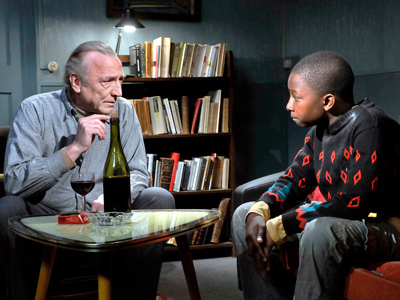
Le Havre is a love letter to France from director Aki Kaurismäki. In particular, it’s an homage to a half-imaginary realm of proletarian Frenchness, incarnated in the films and popular music of the first half of the 20th century.
The star is André Wilms, a French actor in his 60s, whose trademark is a sardonic, aristocratic bearing. He also starred in Kaurismäki’s 1992 film The Bohemian Life.
In Le Havre, Wilms plays Marcel Marx, who works at a train station by day. At night, he comes home with a few euros to his neighbourhood, where the local shopkeepers try to close up before he buys more food on credit.
Matters come to a head when his wife Arletty (played by Finnish actress Kati Outinen) becomes seriously ill, and Marcel comes across an African underage immigrant refugee (Blondin Miguel). The latter risks being deported if found by the authorities. Despite all his own troubles, Marcel decides to help the young African boy and assist him in travelling to London where his mother lives, with the help of neighbours.
Filmed in a high, nostalgic style that gives its setting the gleam and romance of another era, Kaurismäki’s film suggests that the cultural consolation of a close and supporting neighbourhood along with camaraderie, alcohol and shared cigarettes, are the elements that make an unjust life tolerable.
Le Havre’s socialist slant is more than hinted at by the protagonist’s surname of Marx, and his wife (played by Outinen, a fixture of Mr Kaurismäki’s universe) is named Arletty, after the singer and actress who embodied the true spirit of the Gallic working-class in the 1930s and 40s. Arletty was also the star of Les Enfants Du Paradis (directed by Marcel Carné) made during the German occupation of France during World War II.
Le Havre is not just a generous film, but conveys empathy. It is one of the finest films of the year, winning the FIPRESCI Prize at the 2011 Cannes Film Festival. Most importantly, it’s a comedy of unusual compassion and generosity shot with such a simple style and a gentle and forgiving tone. The movie is a playful parable that conveys profound truths about compassion, humility and sacrifice.
Annalisa Ratti
Le Havre is released in select cinemas on 6th April 2012.
Watch the trailer for Le Havre here:

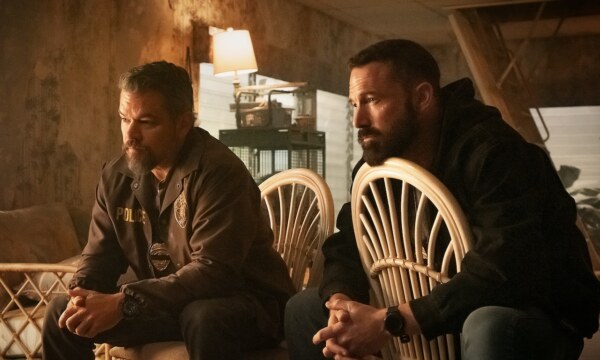
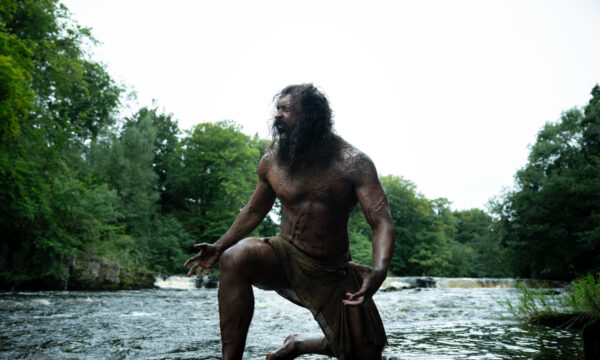

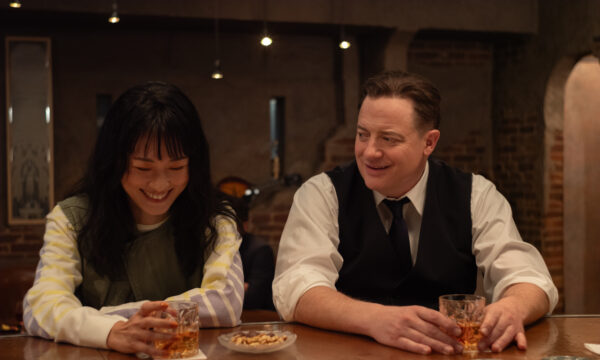
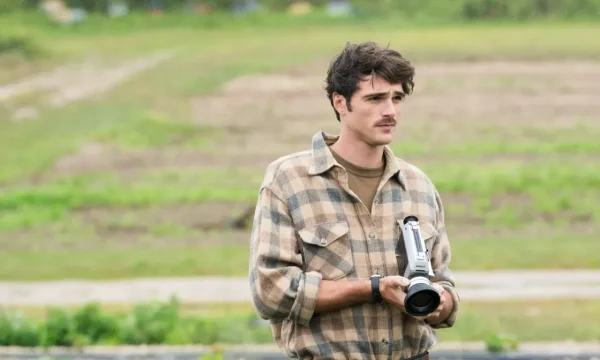
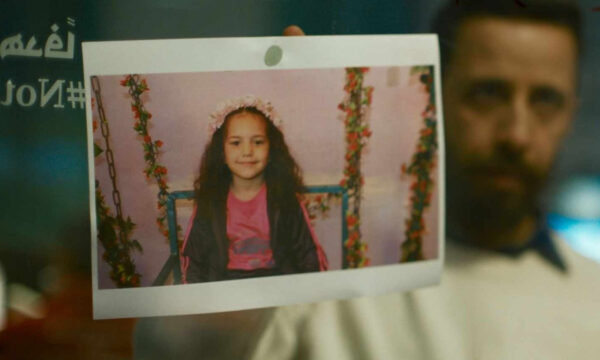






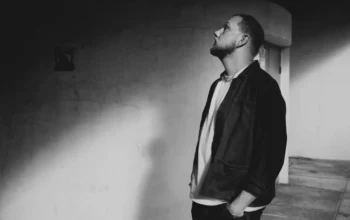










Facebook
Twitter
Instagram
YouTube
RSS